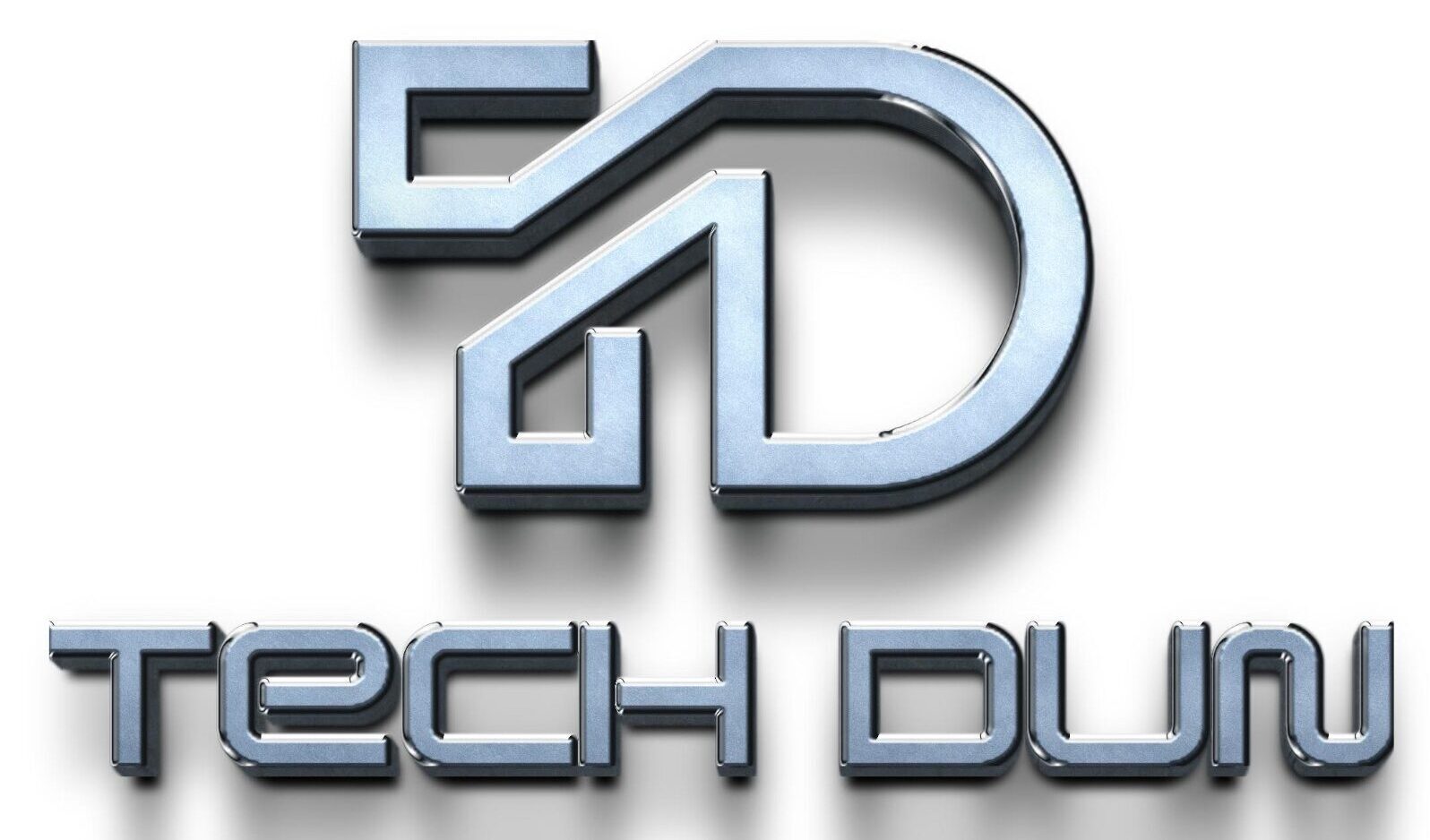How to Use CRM to Improve Supply Chain Management?
A well-managed CRM platform extends its benefits beyond sales, marketing, and customer service functions. When seamlessly integrated with supply chain processes, CRM becomes a powerhouse for gaining profound market insights that fuel competitive growth. It transcends its traditional role by providing invaluable support in supply chain management.
In today’s rapidly evolving business environment, efficient supply chain management remains paramount for organisations striving to elevate customer satisfaction, curtail expenses, and secure a competitive edge in the market. With guidance from a Dynamics 365 CRM consultant, companies streamline supply chains and leverage customer data for trend anticipation. This proactive strategy minimizes disruptions, enhances the customer experience, and fuels growth, boosting competitiveness in today’s dynamic market.
This article explores the strategic integration of CRM systems into supply chain processes, revealing how it can lead to better coordination, cost savings, and improved customer satisfaction.
Centralised Customer Data:
CRM systems offer a centralised repository for comprehensive customer information, streamlining access to contact details, purchase history, communication logs, and preferences. This consolidation enhances efficiency, empowering sales, customer support, and marketing teams to make informed, data-driven decisions while delivering personalised experiences.
This newfound productivity and customer satisfaction extend to supply chain management through real-time visibility into customer demand patterns. Such insights enable supply chain professionals to anticipate fluctuations, trim lead times, and maintain effective communication with suppliers, ensuring timely deliveries and overall operational excellence.
Streamlined Communication:
CRM platforms promote smooth internal communication by allowing teams to instantly exchange customer data, notes, and real-time updates. This fosters a cohesive and productive workplace, minimising miscommunication and speeding up response times. Moreover, automated communication tools, including email templates and reminders, assist teams in maintaining efficient workflows and ensuring timely follow-ups, further enhancing overall efficiency and collaboration.
Supplier Relation Management:
In Supplier Relationship Management (SRM), manufacturers aim to capture employee interactions across all channels: online chat, phone calls, meetings, and emails to ensure consistency in communication with prospects, distributors, and suppliers. Aligning finance, customer service, procurement, and sales teams is vital for credibility and trust. CRM systems can extend to manage supplier interactions, enhancing procurement efficiency, cost-effectiveness, and alignment with customer expectations. Improved communication fosters collaboration, ultimately reducing lead times and optimising supply chain performance.
Demand Forecasting for Supply Chain Management:
Accurate demand forecasting is critical for efficient supply chain management. CRM systems leverage historical customer data to identify trends and patterns, enhancing the precision of demand forecasts. This insight enables businesses to align production and inventory levels with expected demand, mitigating issues related to overstocking or understocking. As a result, inventory management becomes optimised, reducing costs and ensuring a more responsive and efficient supply chain.
Tailored Product Offerings:
CRM systems empower businesses to segment their customer base, uncovering unique preferences and needs. This valuable insight becomes a compass for product development and customisation efforts. Tailoring products to align with customer demands mitigates the risk of excess inventory and maintains a supply chain that remains agile and adaptable to evolving market dynamics. This strategy not only reduces costs but also enhances customer satisfaction, solidifying a competitive edge in the marketplace.
Quality Control and Returns Management:
CRM systems play a pivotal role in quality control and returns management. They capture customer feedback and complaints, supplying essential data for quality improvement initiatives. In the event of quality issues, CRM data swiftly pinpoints affected customers and products. This proactive approach streamlines returns management and issue resolution, minimising disruptions to the supply chain and safeguarding customer satisfaction and trust.
Improve Warehousing:
Leverage Dynamics CRM for Supply Chain Management to enhance warehousing. By integrating CRM data, streamline inventory tracking, optimise storage allocation, and improve order fulfilment accuracy. Real-time insights empower better demand forecasting and inventory control, reducing excess stock and minimising storage costs. Dynamics CRM ensures smoother communication between warehousing and other supply chain components, promoting efficient operations and customer satisfaction.
Inventory Optimization:
Inventory optimisation through CRM insights is vital for balancing stock levels effectively. By analysing customer data, order history, and demand patterns, businesses can minimise excess inventory costs while ensuring products are readily available when customers need them. This data-driven approach enhances inventory turnover rates, reduces the risk of stockouts, and ultimately improves customer satisfaction. Continuously leveraging CRM insights for inventory management keeps operations agile and responsive to market fluctuations, fostering better cost control and customer service.

Feedback Loops:
Establishing feedback loops between customer service and supply chain teams is crucial for enhancing customer satisfaction. By promptly addressing customer complaints and issues, businesses can improve overall service quality. These feedback mechanisms enable real-time communication, allowing supply chain teams to rectify problems related to order fulfilment, shipping, or product quality. The result is a more efficient and customer-centric supply chain operation that fosters loyalty and positive brand perception. Continuous monitoring and adjustment based on customer feedback are essential for long-term success in today’s competitive market.
In summary, CRM can be a valuable tool in improving supply chain management by providing better visibility into customer data, streamlining communication, optimising inventory, and facilitating data-driven decision-making. This integration helps businesses meet customer demands efficiently while reducing operational costs.





